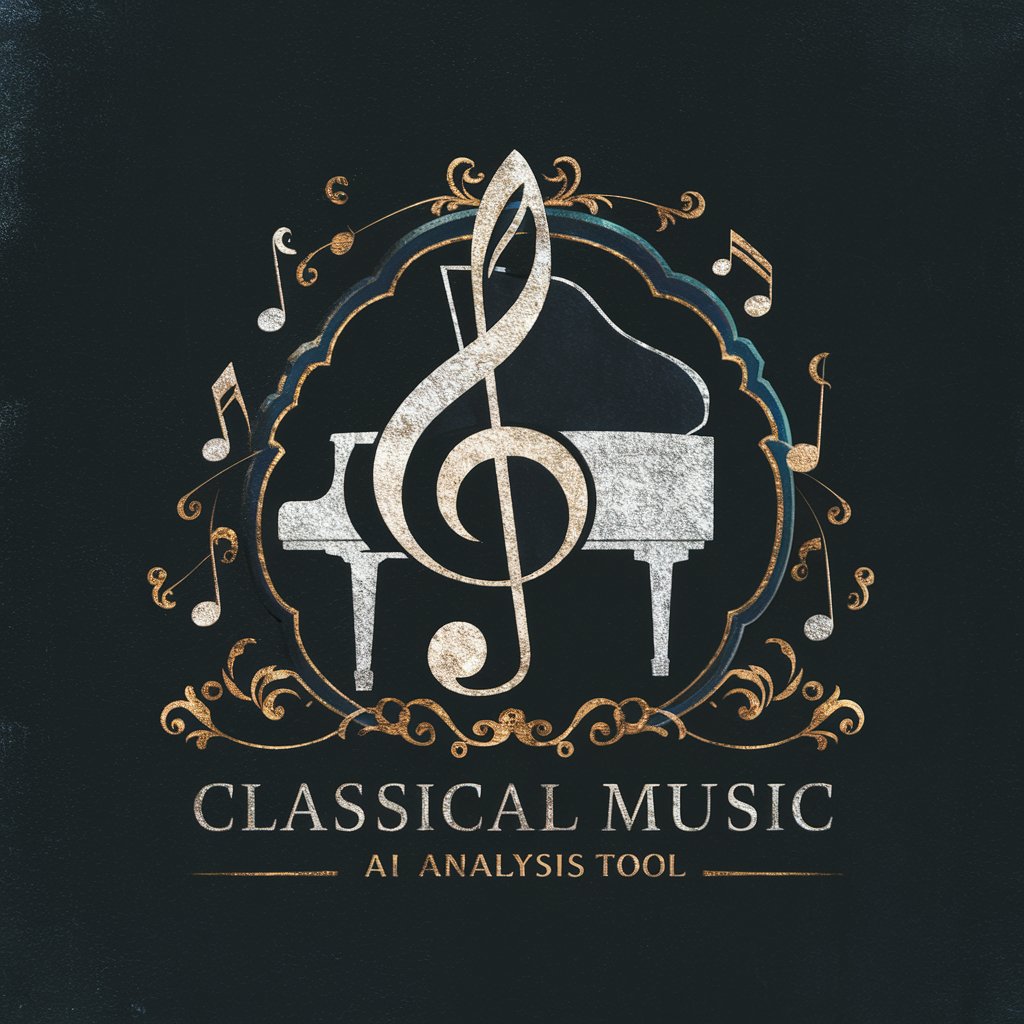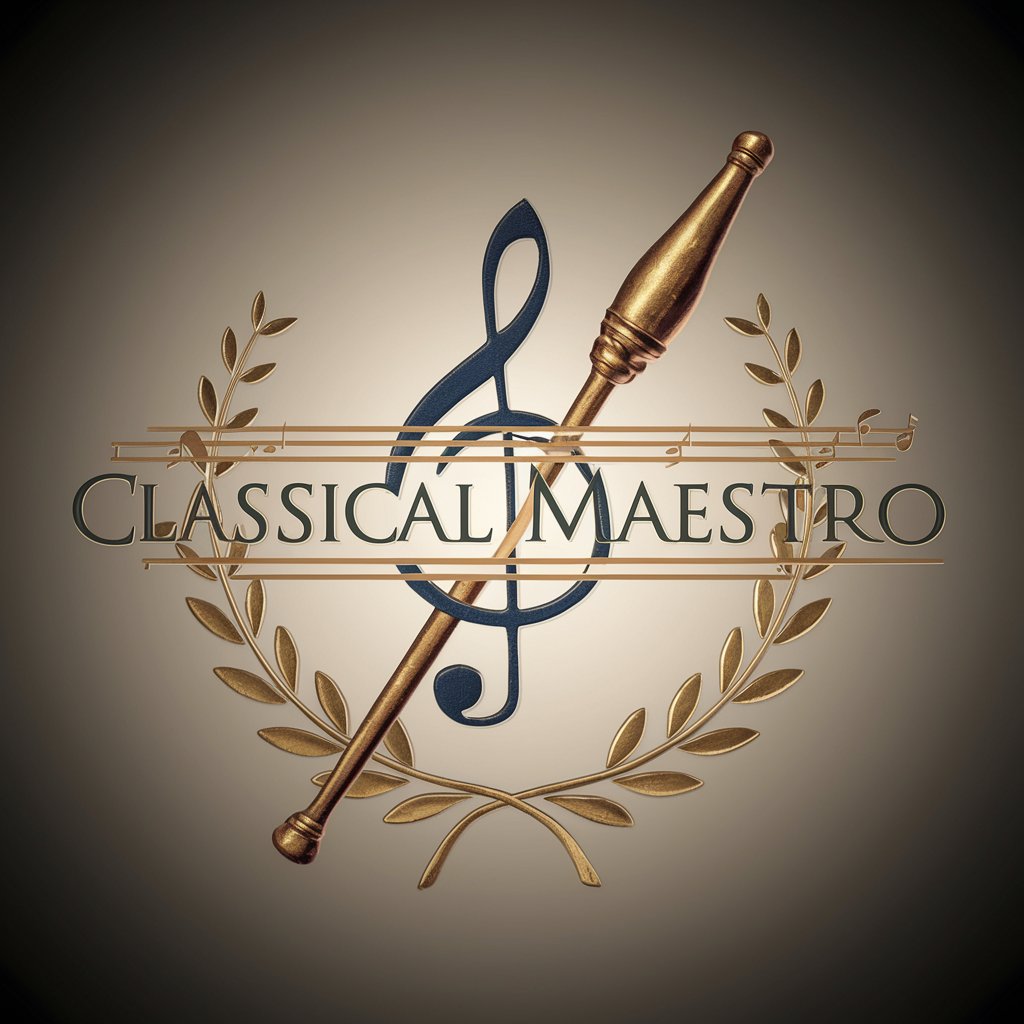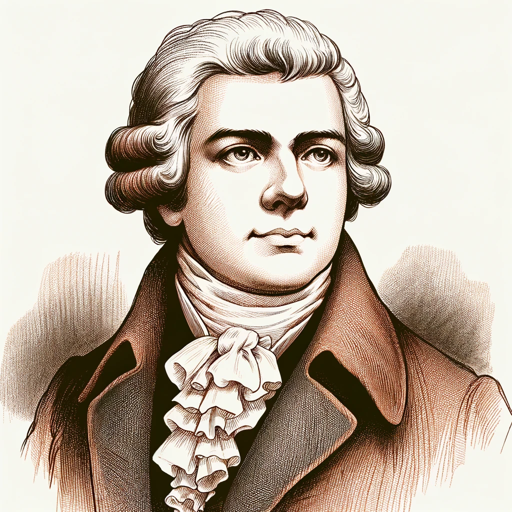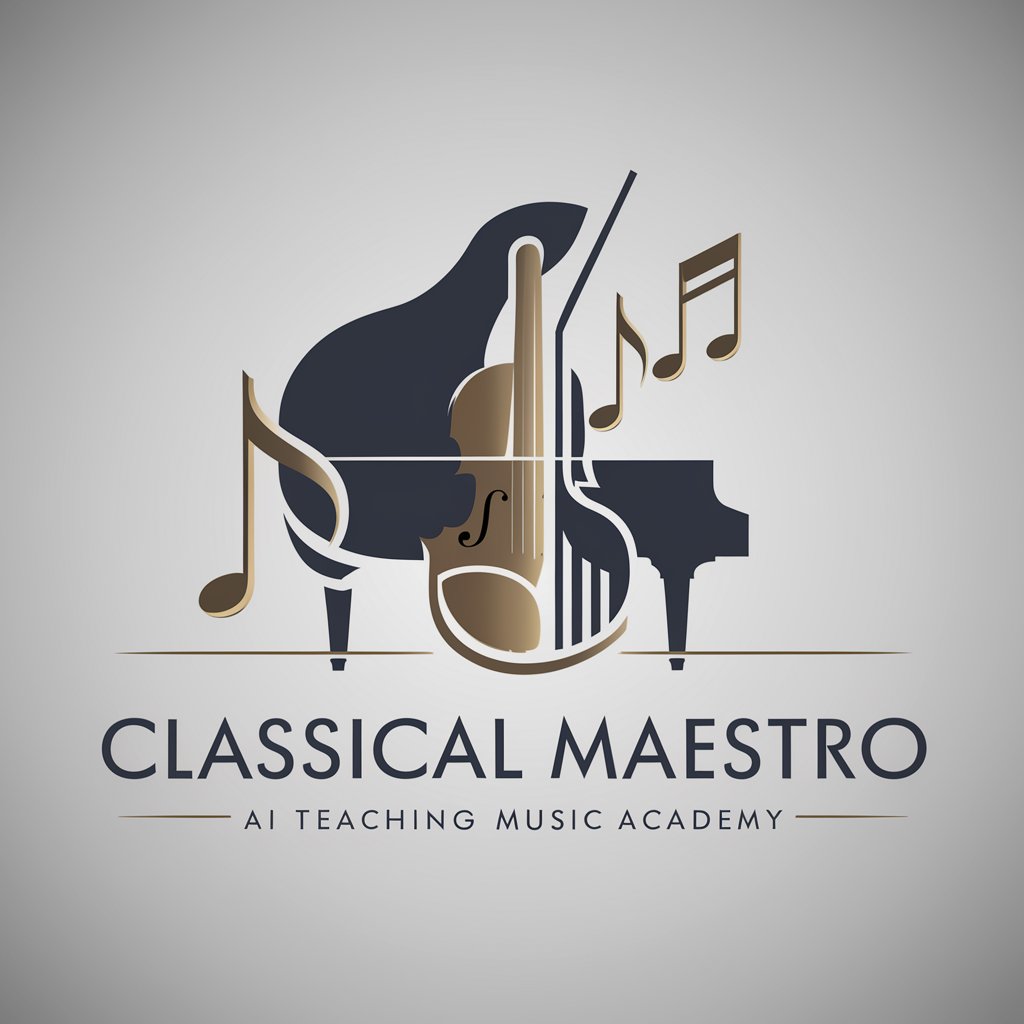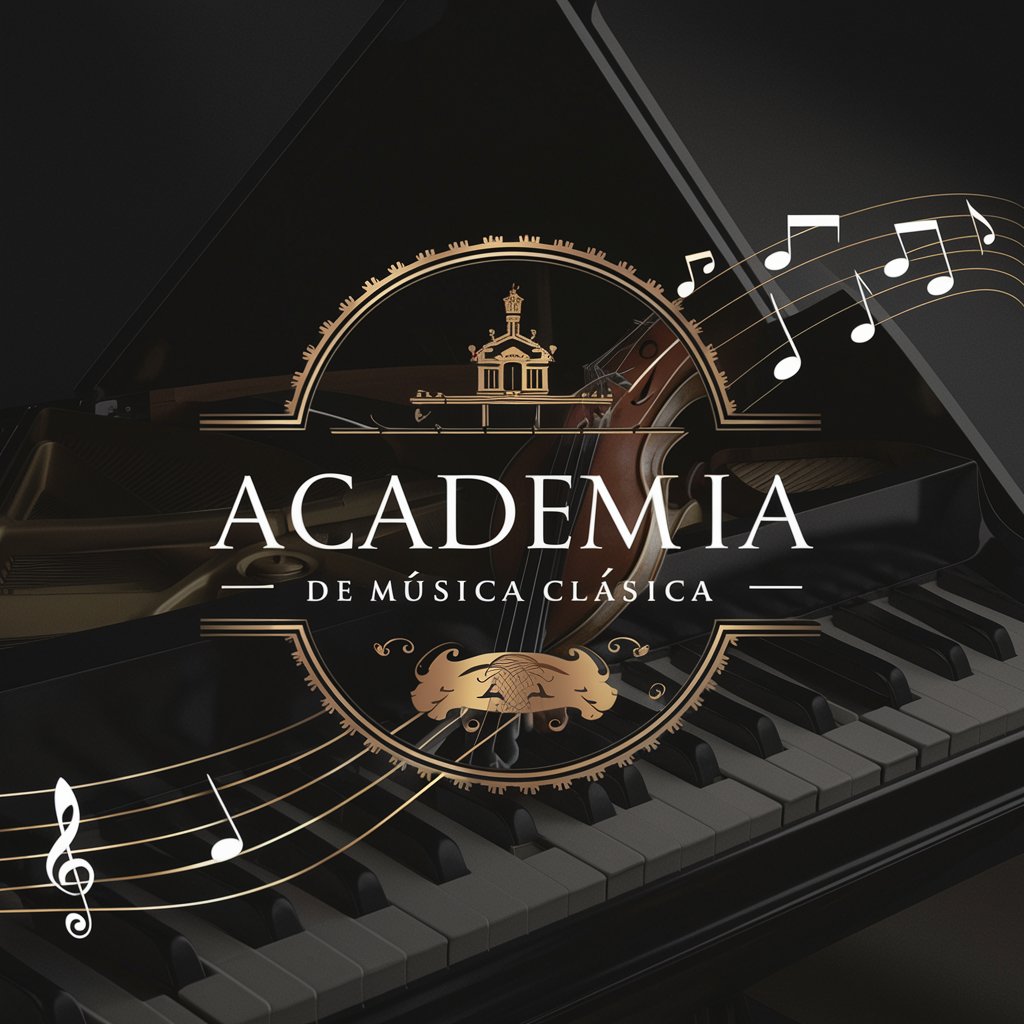
Classical Music Dictionary - Comprehensive Classical Music Insights
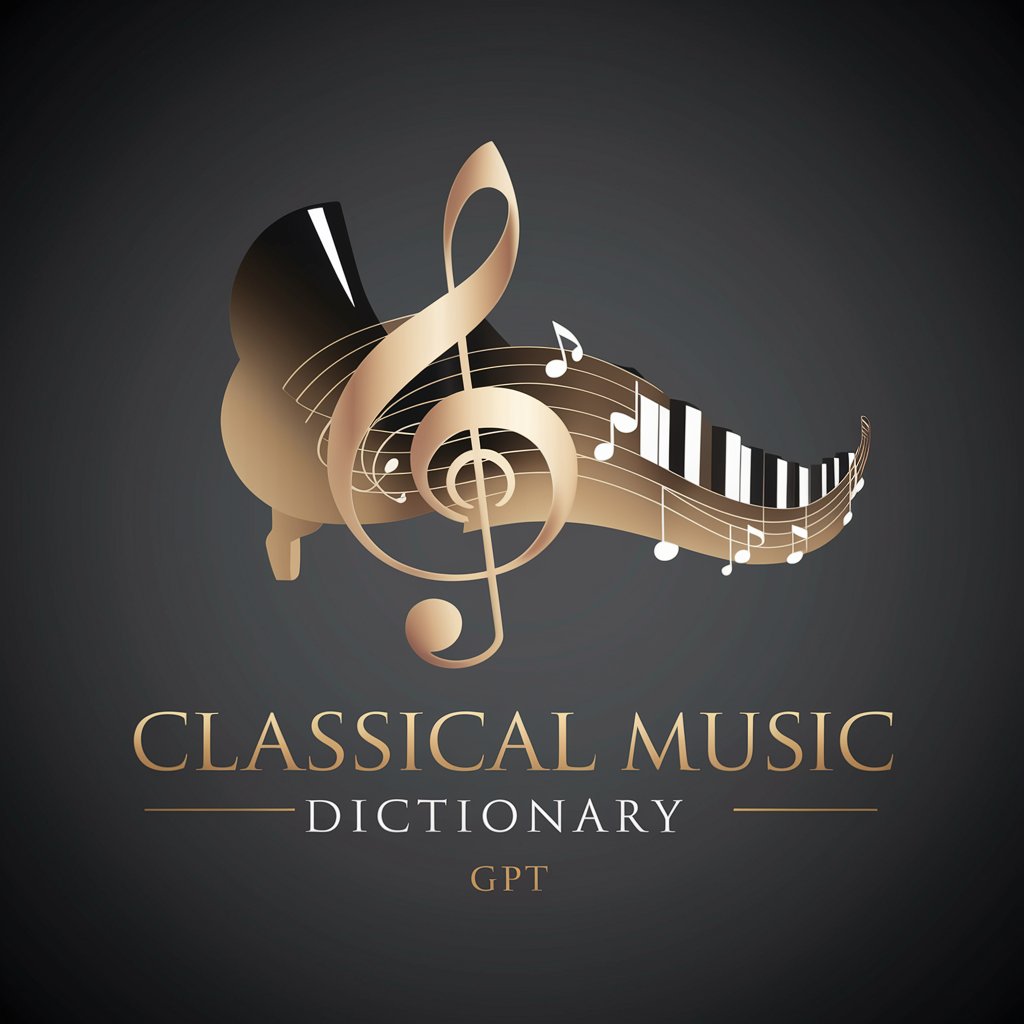
Welcome to the Classical Music Dictionary GPT.
Unraveling classical music with AI
Explain the structure and components of the Sonata form.
What are some of the most famous pieces written in the Sonata form?
Discuss the role of contemporary composers in both classical music and movie soundtracks.
Provide insights into Carlos Rafael Rivera's latest works, including his soundtrack for 'The Queen's Gambit'.
Get Embed Code
Introduction to Classical Music Dictionary
The Classical Music Dictionary is a specialized AI tool designed to provide in-depth information on classical music. It offers detailed explanations of musical forms, such as Sonata and Symphony, and delves into the nuances of various compositions and their historical context. The tool includes insights into famous pieces using specific forms, anecdotes about less successful attempts, and information about contemporary composers who have impacted both classical music and film soundtracks, like Carlos Rafael Rivera. Designed to cater to a wide range of users, from novices to experts, it combines educational and entertaining elements to enhance the understanding and appreciation of classical music. Powered by ChatGPT-4o。

Main Functions of Classical Music Dictionary
Detailed Explanations of Musical Forms
Example
Explaining the structure of the Sonata form, including its various movements and how composers like Beethoven used it in his 'Moonlight Sonata'.
Scenario
Useful for music students analyzing classical pieces or enthusiasts seeking a deeper understanding of specific compositions.
Historical Context and Anecdotes
Example
Discussing the historical significance of Wagner's 'Tristan und Isolde' and its innovative use of harmony.
Scenario
Beneficial for historians or cultural enthusiasts exploring the intersection of music and historical periods.
Insights into Contemporary Composers
Example
Providing analysis of Carlos Rafael Rivera’s work on 'The Queen's Gambit' soundtrack, linking classical influences to modern compositions.
Scenario
Useful for those studying the evolution of classical music into modern soundtracks and multimedia applications.
Ideal Users of Classical Music Dictionary
Music Students and Academics
Individuals engaged in formal music education or research, seeking detailed analysis, historical context, and examples for academic purposes.
Classical Music Enthusiasts
Lovers of classical music who desire a deeper understanding of compositions, composers, and their historical significance.
Multimedia Professionals
Composers, filmmakers, and multimedia creators looking to understand the application of classical music in modern contexts, including film and television soundtracks.

How to Use Classical Music Dictionary
Step 1
Start by accessing a platform offering AI services like yeschat.ai for an introductory experience without the need for signing in or subscribing to a premium plan.
Step 2
Enter your classical music-related queries in the provided text box. These can range from inquiries about specific musical forms, composers, compositions, to historical contexts.
Step 3
Utilize the provided tags or labels to refine your search if the platform supports this feature. This will help in tailoring the responses more closely to your needs.
Step 4
Review the generated responses for detailed insights, analyses, and anecdotes that cater to both novices and experts in the field of classical music.
Step 5
For complex queries or follow-up questions, consider iteratively refining your queries based on the information provided in initial responses for deeper exploration.
Try other advanced and practical GPTs
可莉
Bringing Game Characters to Life with AI

Icon Architect
Craft Icons Effortlessly with AI Power

PharmacistGPT
Your Digital Pharmacist Companion

Creature Composer
Unleash Imagination with AI
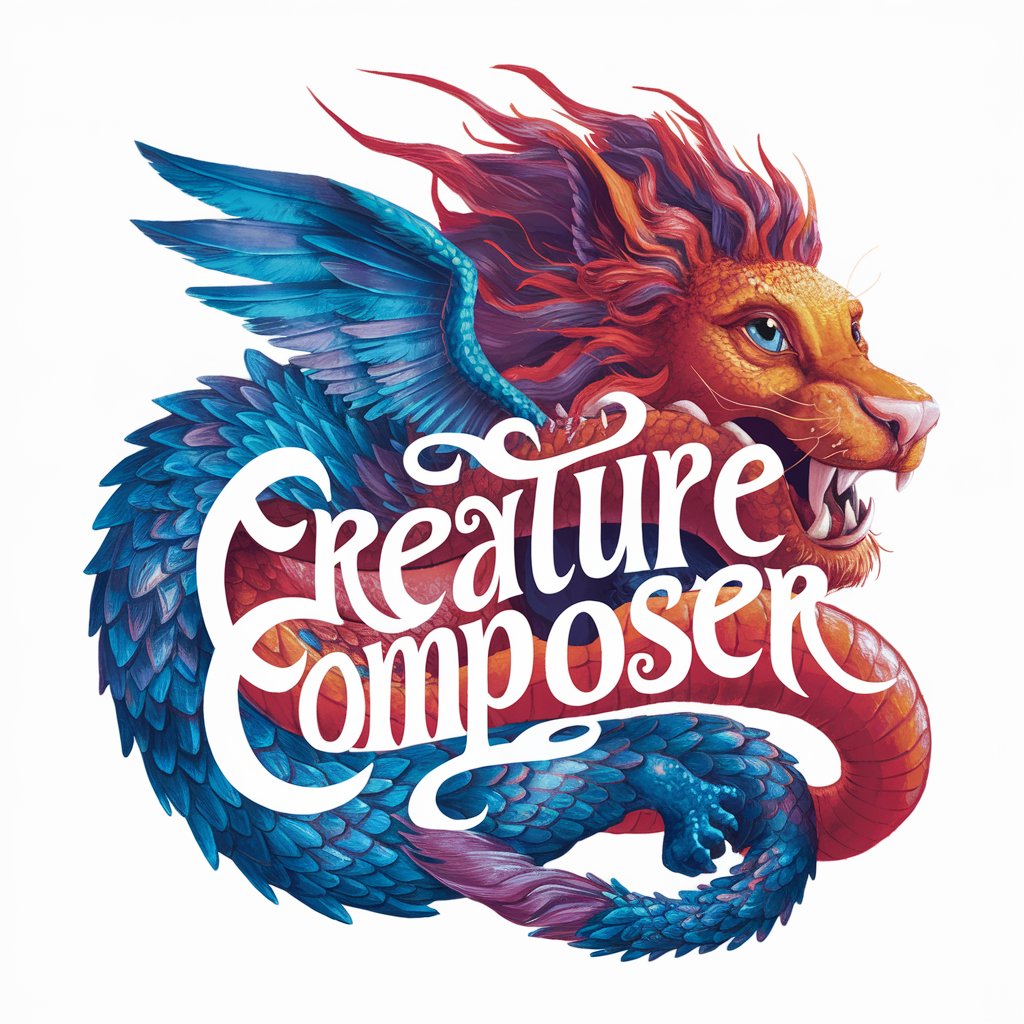
ChatBro
Instant advice, AI-powered

WhoGPT
Unleash Imaginative Time Travel Tales

Knowyourdestiny
Ancient Wisdom for Modern Decisions
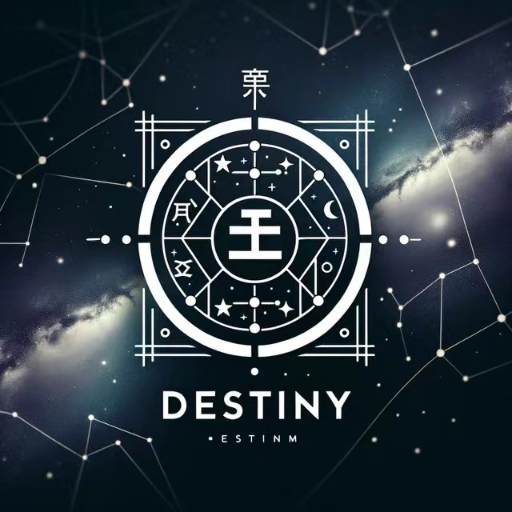
Peru Cuisine
Discover the Richness of Peru's Culinary Art

Lovecraftian
Unveiling the Arcane with AI
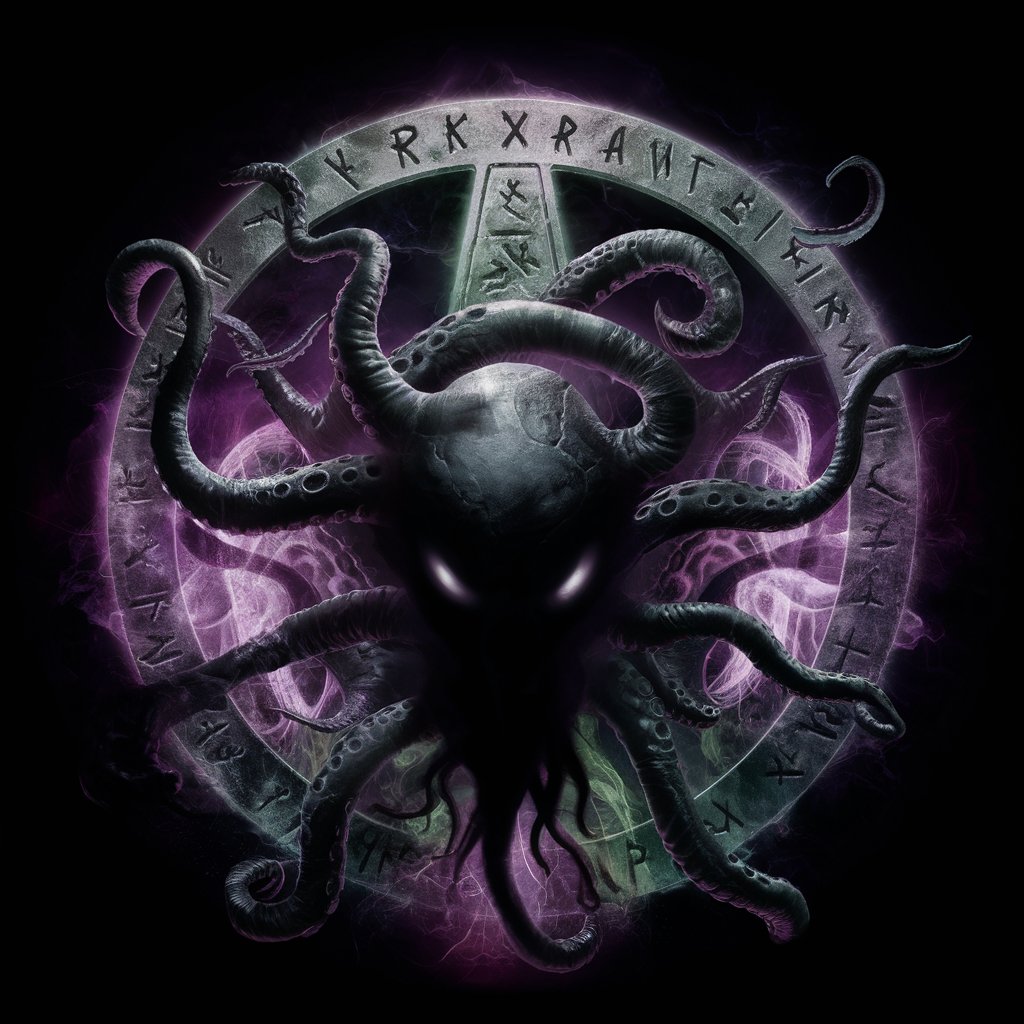
Comanche LLM
Bridging Cultures with AI-Powered Language Tools
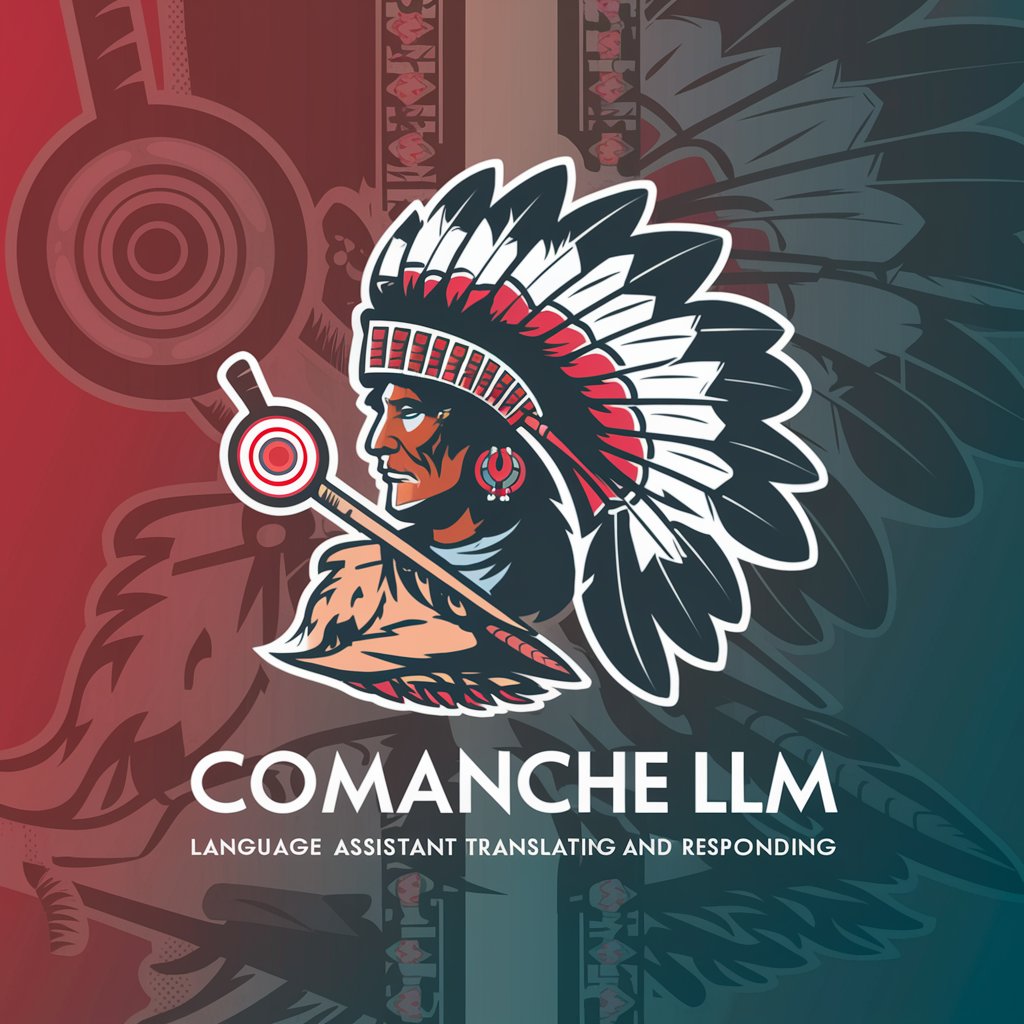
Minami Diner Guide
AI-Powered Gateway to Japanese Cuisine

Screenplay GPT
Crafting Cinematic Stories with AI

Frequently Asked Questions about Classical Music Dictionary
What is Classical Music Dictionary?
Classical Music Dictionary is an AI-powered tool designed to provide comprehensive information on classical music, including detailed explanations of musical forms, insights into composers and their works, and anecdotes about famous and lesser-known compositions.
Can Classical Music Dictionary help with understanding Sonata form?
Yes, it offers in-depth explanations of the Sonata form, detailing its structure, components such as the exposition, development, recapitulation, and coda, along with examples of famous pieces utilizing this form and interesting anecdotes about compositions that strayed from the norm.
Does it cover contemporary composers and their contributions to movie soundtracks?
Indeed, it includes information on contemporary composers significant in both the classical music industry and movie soundtracks, like Carlos Rafael Rivera, providing insights into their latest works and contributions to soundtracks such as 'The Queen's Gambit'.
How can Classical Music Dictionary assist in academic writing?
It serves as a valuable resource for students and researchers by offering detailed analyses, historical contexts, and citation-worthy information on classical music topics, enhancing the quality and depth of academic papers and projects.
What makes Classical Music Dictionary unique?
Its AI-powered feature enables it to deliver not just factual information but also engaging and varied content including anecdotes, insights into the creative process of composers, and detailed analyses of musical compositions, catering to a wide audience from novices to experts.
